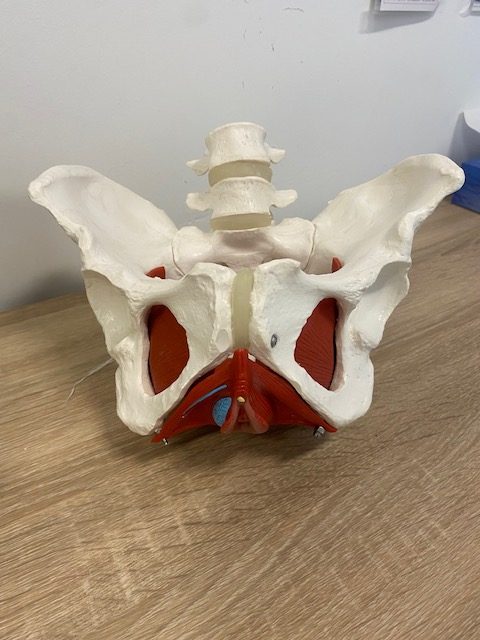Physiological effects of stress and sleep deprivation

In today’s fast-paced world, stress has become an all too common companion, often wreaking havoc on our sleep patterns. According to a National Sleep Foundation survey, 43 percent of people aged 13–64 have reported lying awake at night due to stress at least once in the past month. While stress is a natural response that has evolved in humans and animals to help deal with important or dangerous situations, its chronic presence can have severe consequences on our overall well-being. In this blog, we explore the physiological effects of stress on our bodies and how it impacts our sleep.
Fight-or-Flight Response
Stress triggers the release of hormones, such as adrenaline and cortisol, through the autonomic nervous system. These hormones increase heart rate and prepare the body for immediate action. This reaction, known as the fight-or-flight response, was crucial for survival in earlier stages of human evolution. However, in modern times, everyday issues like work problems or relationship difficulties can also trigger this response, leading to heightened alertness and delaying the onset of sleep.
Sleep Deprivation
Frequent episodes of stress-related insomnia can lead to sleep deprivation, which, in turn, exacerbates stress. Being in a constant state of alertness will delay the onset of sleep and cause more anxious thoughts at night. Signs of sleep deprivation include excessive sleepiness, frequent yawning, irritability, and daytime fatigue. Stimulants like caffeine often prove ineffective and can create a cycle of nighttime insomnia and daytime reliance on caffeine.
Central Nervous System
Chronic insomnia can disrupt the brain’s normal functions, leading to incoordination, impatience, mood swings, and compromised decision-making abilities. Prolonged sleep deprivation can even induce hallucinations and trigger psychological issues like anxiety, depression, paranoia, and suicidal thoughts.
Immune System
Sleep is vital for the immune system to produce infection-fighting substances like antibodies and cytokines. Sleep deprivation weakens the immune system, making the body more vulnerable to illnesses and delaying recovery from sickness. Additionally, it increases the risk of chronic conditions such as diabetes and heart disease.
Respiratory System
Sleep deprivation can lead to lower sleep quality and leave individuals more susceptible to respiratory infections. It can also worsen existing respiratory diseases, such as obstructive sleep apnea.
Digestive System
Sleep deprivation is a risk factor for weight gain and obesity. It disrupts hunger and fullness hormones, leading to overeating and reduced physical activity, which contributes to weight gain. It also affects insulin regulation, increasing the risk of diabetes and obesity.
Cardiovascular System
Inadequate sleep can lead to cardiovascular problems, including heart disease, high blood pressure, and an increased risk of heart attack and stroke.
Endocrine System
Hormone production, including growth hormone and testosterone, is dependent on sleep. Interrupted sleep can affect hormone production, particularly in children and adolescents, impacting growth and overall health.
Some Ways To Reduce Stress Levels to Improve Sleep
Mindfulness Meditation
- Relaxation technique that aims to make people more aware of the present moment. The aim is to
- Acknowledge thoughts, feelings, and sensations happening within and outside the body without reacting to them.
- Practice for 10–30 minutes before going to bed
Exercise
- Can be a useful tool for improving mental health and well-being, as well as providing physical benefits.
- Engaging in moderate or high-intensity physical exercise, such as a 30-minute run, could help reduce stress levels and improve sleep quality.
Other Lifestyle Changes
- Eat a healthy diet. Reduce intake of processed food.
- Decrease caffeine and alcohol consumption
- Avoid taking work home or checking work emails in the evening
- Seek support from friends and family
Conclusion
Please refer to our previous blogs for more information about sleep:
References:
- https://www.webmd.com/balance/stress-management/stress-symptoms-effects_of-stress-on-the-body
- https://www.healthline.com/health/sleep-deprivation/effects-on-body
- https://www.thensf.org/how-many-hours-of-sleep-do-you-really-need/
- https://www.medicalnewstoday.com/articles/322994#sleep-deprivation-effects







